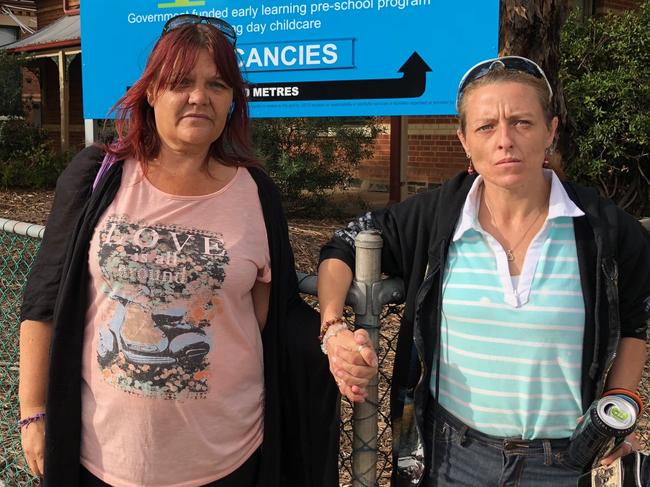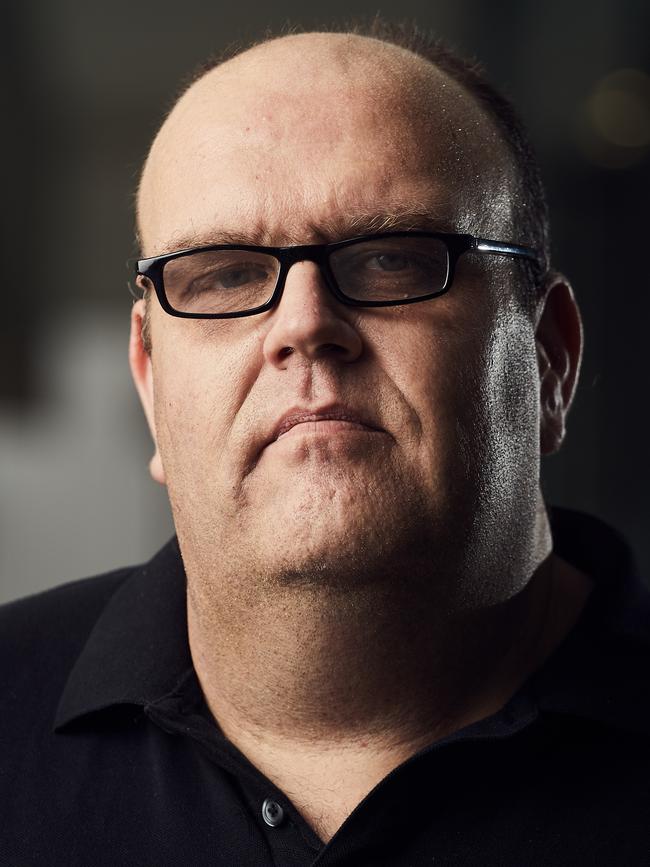David Penberthy: People power has mattered in SA — and don’t forget it
ANYONE who believes the average person has no capacity to influence policy or the conduct of those in power cannot have paid attention to some of the biggest news stories in SA in recent times, says David Penberthy.

Opinion
Don't miss out on the headlines from Opinion. Followed categories will be added to My News.
ANYONE who believes the average person has no capacity to influence policy or the conduct of those in power cannot have been paying attention to some of the biggest news stories in South Australia over the past year or so.
There is a widely held view that the public are treated like mugs by both Parliaments and the courts, and that there is nothing that can ever really be done to change the course of events.
It’s the kind of despondency that feeds into protest votes for figures such as Donald Trump and Pauline Hanson, the idea that the political establishment is so deaf to public sentiment that there is no point trying to change things through the traditional channels.
I can think of several recent South Australian news stories — comprehensively covered or broken by The Advertiser — to challenge that thesis.
The biggest of these is the telling intervention of our State Parliament in the case of the notorious lifelong child molester Colin Humphrys, whose proposed release by the courts, even with the most onerous of safeguards, has now been vetoed by our executive government.

In a move that will irk those judicial purists who think the Parliament and most certainly the people should be kept as far away as possible from anything of a legal nature, the courts have in this instance had their wings clipped by some of the best common sense legislation I can remember seeing.
The new laws passed by the Parliament mean it is no longer possible for genuinely serious offenders, who have no intention of reforming and are regarded by the Parole Board as posing a continuing risk, to attempt to skulk back onto the streets on account of some misplaced legal concern that they risk becoming institutionalised.
The average person looks at a person such as Humphrys and worries that he might not continue to be institutionalised. That is precisely the intent and effect of the new laws.
The truly great thing about the Humphrys case and his deserved denial of freedom is that it was driven, firstly, by you.
It was driven by people who write letters to the editor, who ring or email their local MP, who call radio stations, who attend community meetings.
It was driven, importantly, by parents in the Bowden-Brompton area who spoke out dispassionately and sensibly about how the release of Humphrys into their area would change their lives.
Most of all it was driven by the man known only as XX, one of Humphrys’ victims, who found a voice via this newspaper’s chief court reporter, Sean Fewster, to make the most telling of interventions on behalf of common sense and decency.
The result of all this was State Parliament had no choice but to act and craft common sense, decent laws to eliminate the prospect of this man’s release.
In the area of health and aged care, two of the biggest recent scandals were exposed and prosecuted via the advocacy of ordinary people at the centre of these policy failures.

The Oakden aged care scandal and the chemotherapy bungle in which 10 patients were given wrong doses both became unmanageable crises for the former government because of the dogged determination of the victims and their families.
Andrew Knox was one of those who received wrong chemo doses, and he became the torchbearer for every person and family who had been touched by this disgraceful episode, meticulously documenting all of the buck-passing and dissembling within the various arms of SA Health as its officials scrambled to cover their behinds. In the case of Oakden, the families of those poor souls mistreated within that wretched facility can credit themselves with doing nothing less than ensuring the defeat of a long-term Labor government.
The timing of ICAC’s report into the Oakden scandal was of course exquisite, smack bang in the midst of an election campaign.
But it was the human stories of the affected families that gave this scandal such emotional impact and political force.
All of these families deserve credit for honouring their elderly fathers and mothers the way they did.

The manner in which it was handled by Stewart Johnston deserves special mention, as he began this process as a politically impartial and ambivalent person who didn’t really care who was in power, as long as they were committed to admitting mistakes and finding a solution.
He then made the big decision to go to war with a sitting government when he concluded that it no longer deserved the benefit of the doubt.
If you remove Mr Johnston from the election campaign you may have got a different result, as the intervention of this average person was for my mind its most telling moment.
Even within the less serious but deeply irritating world of local government you can see the hand of the punters at work.
The demise of poor old Lorraine Rosenberg as LGA president, and her former organisation’s likely capitulation on the question of rate-capping, are less a testament to continuing media scrutiny than the tidal wave of public scorn directed towards councils over questions of probity and financial accountability.
That defeatist question — what can one person do — has been answered emphatically in South Australia.
It is well worth noting, and well worth celebrating.
■ DAVID PENBERTHY HOSTS BREAKFASTS ON FIVEAA WITH WILL GOODINGS


